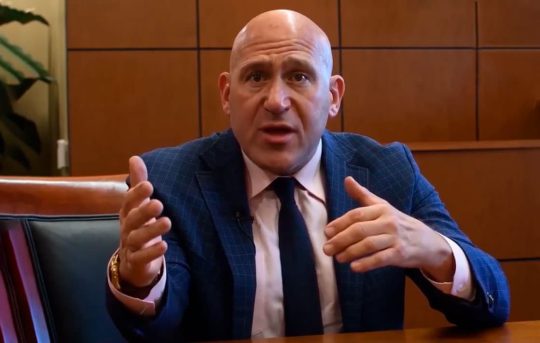West Palm Beach Personal Injury Lawyer
Suffering a personal injury is never easy. Beyond the physical and emotional pain, you also have to navigate the complexities of insurance claims and the legal process. But you don’t have to face this alone—our dedicated team is here to support you every step of the way.
At LaBovick Law Group, we don’t just fight for you—we fight to win. Let us guide you through this journey with an experienced West Palm Beach personal injury lawyer who will work tirelessly to secure the compensation you deserve.
4.8/ in +750 Google Reviews
Free Case Evaluation
all fields required *





















